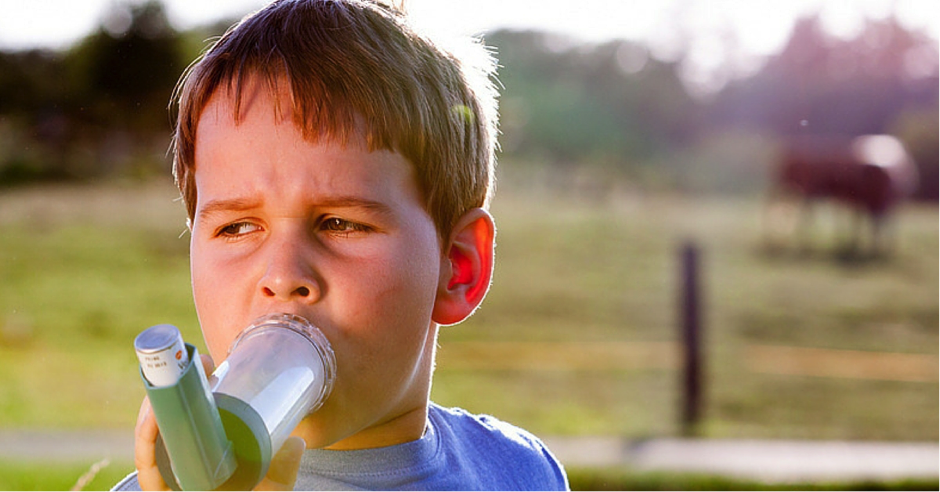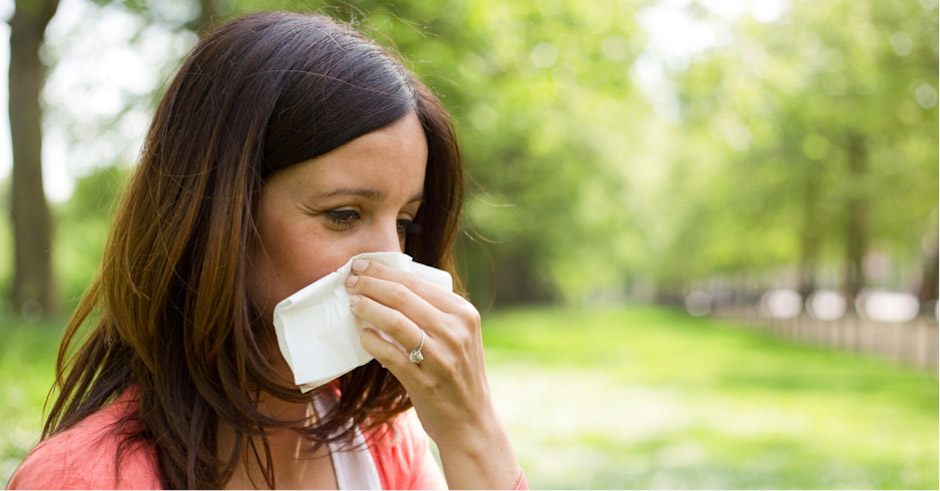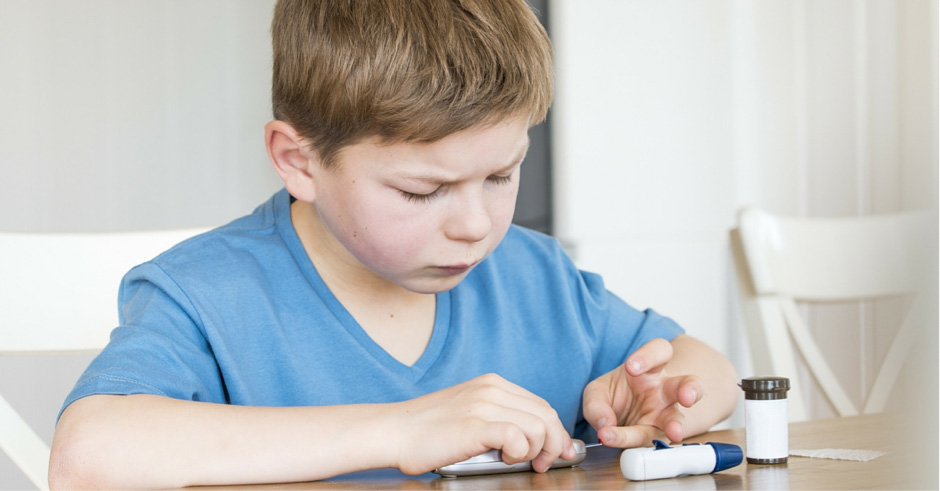Barbeques. It is a word symbolises summers in Australia. Happy times spent with friends and family in the backyard, as Dad hands out the burgers. Unfortunately, it is also the cause of many cases of food poisoning that are reported at this time of the year. These cases only add to the fairly large number already reported due to contaminated food.
Although Australia has very high hygiene standards, the incidence of food poisoning is quite high. According to the Food Safety Information Council, each year about 4.1 million Australians have food poisoning. There are 1 million visits to the doctor, 31,920 hospital cases and 86 very unfortunate deaths. Considering we are in peak summer, which is when these cases arise, we thought it would be a good time to give you some tips on how to avoid it.
What is food poisoning?
Food poisoning or foodborne illness is usually caused by the consumption of contaminated food. And apart from causing nausea, vomiting and a running stomach, it is generally not serious. Most people get better within 48 hours without having to seek medical treatment. However, there can be complications that arise out of food poisoning, like dehydration that may need medical attention. If the symptoms are severe, it is important to see a GP right away. It is rare, but food poisoning can be life-threatening for vulnerable groups.
What causes food poisoning?
Infectious bacteria and toxins can affect food at different stages of preparation. This can also happen in the home kitchen, with incorrect handling or unhygienic cooking. In a majority of cases, the food is contaminated by a strain of bacteria called Salmonella, E Coli, the norovirus or listeria. Some common reasons why food poisoning happens:
- Failure to cook food thoroughly and especially meat, poultry and fish. Raw meat can be a source of bacteria so when it is not cooked through, it is potentially harmful.
- Failure to correctly store food that requires chilling below 5°C such as dairy products.
- Consuming food that has been touched by those already suffering from vomiting and diarrhoea. This is particularly true in the case of the norovirus, which is highly infectious.
- Poor food preparation: Often cross-contamination takes place between food surfaces, utensils, equipment, packages and surfaces. For instance, when raw beef or chicken is chopped on a board followed by raw salad ingredients, there is a real danger that the bacteria from the raw meat has transferred to the salad. This frequently happens in restaurants or even a busy kitchen at home where several people may be cooking simultaneously.
- Cooking on a dirty barbeque, unfortunately, happens too often and food can get very quickly contaminated by scraps from an earlier meal.
- There are some high-risk foods when it comes to food poisoning besides meat and dairy and some of these are: eggs and egg products (i.e. quiche), cooked rice and pasta, and deli goods like fruit salad, sandwiches and salads.
- Sometimes our agricultural produce may be the cause of food poisoning. If the water irrigating food farms is contaminated, then the produce is potentially harmful. In such cases, it is pulled off the shelves.
Some groups such as pregnant women, children, seniors and those with chronic diseases are more vulnerable to food poisoning and should largely stick to well cooked, hygienically prepared meals.
Tips to prevent food poisoning
There are a few precautions you can take to prevent food poisoning at home:
- Wash your hands with soap and water when handling food, utensils and food surfaces.
- Make sure that meat, fish and eggs are cooked through at the appropriate temperature, ideally to 75°C. Cooking meat till juices run clear is a simple sign.
- Before chopping raw food, wash chopping boards with soap and warm water. It is best to keep a few chopping boards handy and certainly separate ones for meat and raw vegetables.
- Defrost food safely. Also, do not refreeze food once it has been defrosted.
- As soon as you get home from grocery shopping, refrigerate all the perishable food – dairy, meat and vegetables. According to Better Health Victoria, food bacteria grows fastest between 5°C and 60°C. It is considered the ‘danger zone’ for food.
- That rice and pasta from a few days ago at the back of the fridge shelf needs to go. Every couple of days check the fridge and remove food that may have gone bad.
- When transporting food outdoors or making the kids lunchboxes, it is a good idea to add ice packs in hot weather.
Treatment for Food Poisoning
At the first sign of food poisoning, start with some simple home remedies.
- Stay properly hydrated. Plenty of water is needed to restore fluid balance in the body and diluted fruit juices can help with fatigue. Avoid highly caffeinated drinks which may irritate bowels.
- Electrolytes may help replace salts and minerals such as calcium, sodium and potassium. In severe cases, you may be required to take this intravenously at a hospital. Your GP will advise you if this is necessary.
- Stay off food for a few hours. Slowly reintroduce solids such as a dry piece of toast to test if you can keep it down. Gradually add easy-to-digest foods in small quantities as the food poisoning eases off.
- If you have been to the GP and tested positive for severe food poisoning, your doctor may prescribe antibiotics.
Food poisoning is not a worrying illness, but needs to be watched closely. Pay particular attention to side-effects such as dehydration. If you are in a vulnerable group, call your GP right away. Follow our tips to stay safe and enjoy the summer.






